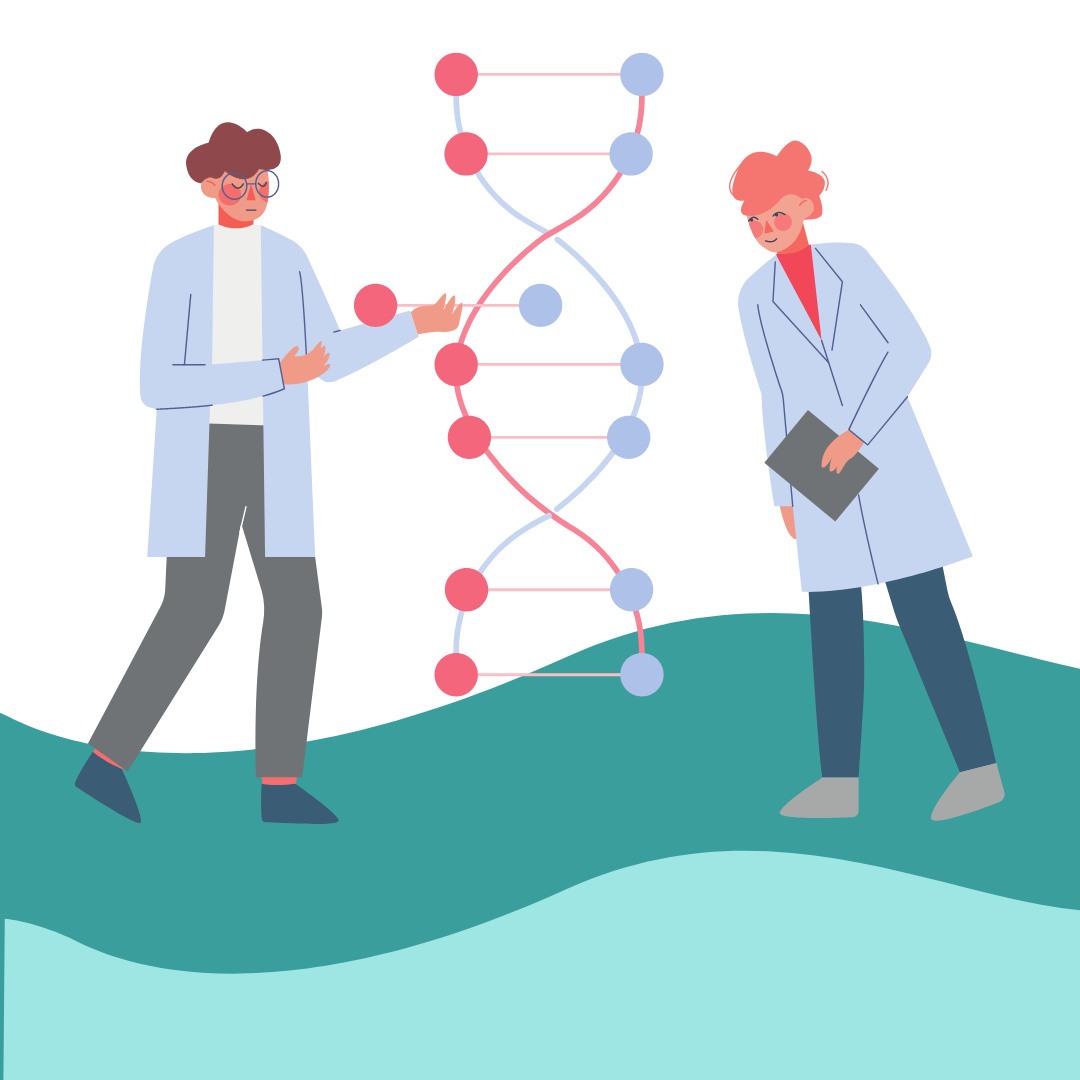A ‘Lobby’ Where a Molecule Mob Tells Genes What to Do
By Philip Ball,
Quanta Magazine
| 02. 14. 2024
The discovery during the Human Genome Project in the early 2000s that we humans have only about 20,000 protein-coding genes — about as many as the tiny soil-dwelling nematode worm, and less than half as many as the rice plant — came as a shock. That blow to our pride was softened, though, by the idea that the human genome is rich in regulatory connections. Our genes interact in a dense network, in which pieces of DNA and the molecules they encode (RNA and proteins) control the “expression” of other genes, influencing whether they make their respective RNA and proteins. To understand the human genome, we needed to understand this process of gene regulation.
That task, however, is proving to be much harder than decoding the sequence of the genome.
Initially, it was suspected that gene regulation was a simple matter of one gene product acting as an on/off switch for another gene, in digital fashion. In the 1960s, the French biologists François Jacob and Jacques Monod first elucidated a gene regulatory process in mechanistic detail: In Escherichia coli bacteria...
Related Articles
By Diaa Hadid and Shweta Desai, NPR | 01.29.2026
MUMBRA, India — The afternoon sun shines on the woman in a commuter-town café, highlighting her almond-shaped eyes and pale skin, a look often sought after by couples who need an egg to have a baby.
"I have good eggs,"...
By George Janes, BioNews | 01.12.2026
A heart attack patient has become the first person to be treated in a clinical trial of an experimental gene therapy, which aims to strengthen blood vessels after coronary bypass surgery.
Coronary artery bypass surgery is performed to treat...
By Staff, ScienceDaily | 01.05.2026
Scientists at UNSW Sydney have developed a new form of CRISPR technology that could make gene therapy safer while also resolving a decades-long debate about how genes are switched off. The research shows that small chemical markers attached to DNA
...
Following a long-standing CGS tradition, we present a selection of our favorite Biopolitical Times posts of the past year.
In 2025, we published up to four posts every month, written by 12 authors (staff, consultants and allies), some in collaboration and one simply credited to CGS.
These titles are presented in chronological order, except for three In Memoriam notices, which follow. Many more posts that are worth your time can be found in the archive. Scroll down and “VIEW...




